Your Guide to Aluminum Can Pricing
Aluminum cans are an integral part of our daily lives, serving as the preferred packaging choice for a wide range of beverages and food products. Understanding the dynamics of aluminum can pricing can be beneficial for consumers, businesses, and recycling enthusiasts alike. In this guide, we will explore the factors that influence can pricing, the impact of global consumption, and ways to optimize your aluminum can budget.
Consider the Factors Influencing Aluminum Can Pricing
Several key factors impact the pricing of aluminum cans, including raw material costs, manufacturing expenses, and transportation fees. As with any commodity, the price of raw aluminum plays a significant role in determining can prices. Fluctuations in the global market, driven by supply and demand dynamics, can lead to price changes at the consumer level. Additionally, the costs involved in manufacturing and shipping aluminum cans directly affect their retail price, making efficient logistics an important aspect of cost management.
Consider The Impact of Global Consumption
Aluminum consumption worldwide has a considerable impact on can pricing. In the U.S. alone, consumption of aluminum was 4.3 million metric tons in 2021, according to the World Economic Forum. Such high demand levels contribute to fluctuating raw aluminum prices, creating a ripple effect that influences the cost of aluminum products, including cans. Furthermore, international trade policies, tariffs, and agreements can also alter market dynamics, affecting availability and pricing globally.
Optimize Your Aluminum Can Budget
Despite the fluctuating costs, there are strategies to optimize aluminum can purchases and recycling. Businesses can benefit by buying in bulk, taking advantage of wholesale pricing. Consumers, however, can focus on recycling initiatives, both to contribute to sustainability efforts and to minimize waste-related expenses. Supporting brands that use recycled cans can also promote a circular economy, making aluminum more cost-effective and environmentally friendly.
Aluminum can pricing is influenced by a complex combination of factors, including raw material costs, market demand, and international policies. By understanding these dynamics, consumers and businesses can make informed decisions that help manage costs while supporting sustainable practices. As the market evolves, staying informed about these elements will be key to navigating future shifts in pricing and availability. When you need reliable recycling services for aluminum cans and other materials, contact Mack's Twin City Recycling today.

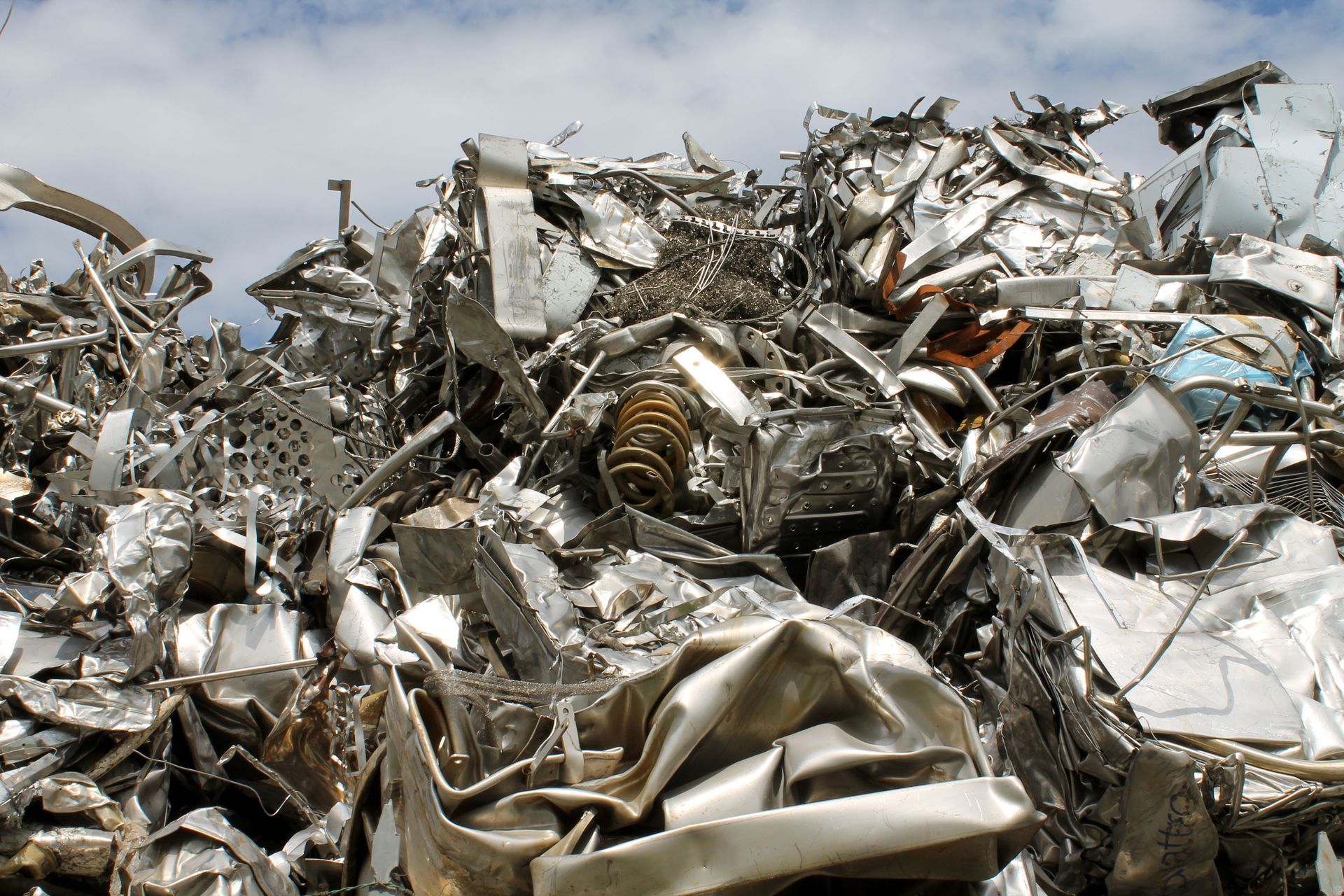
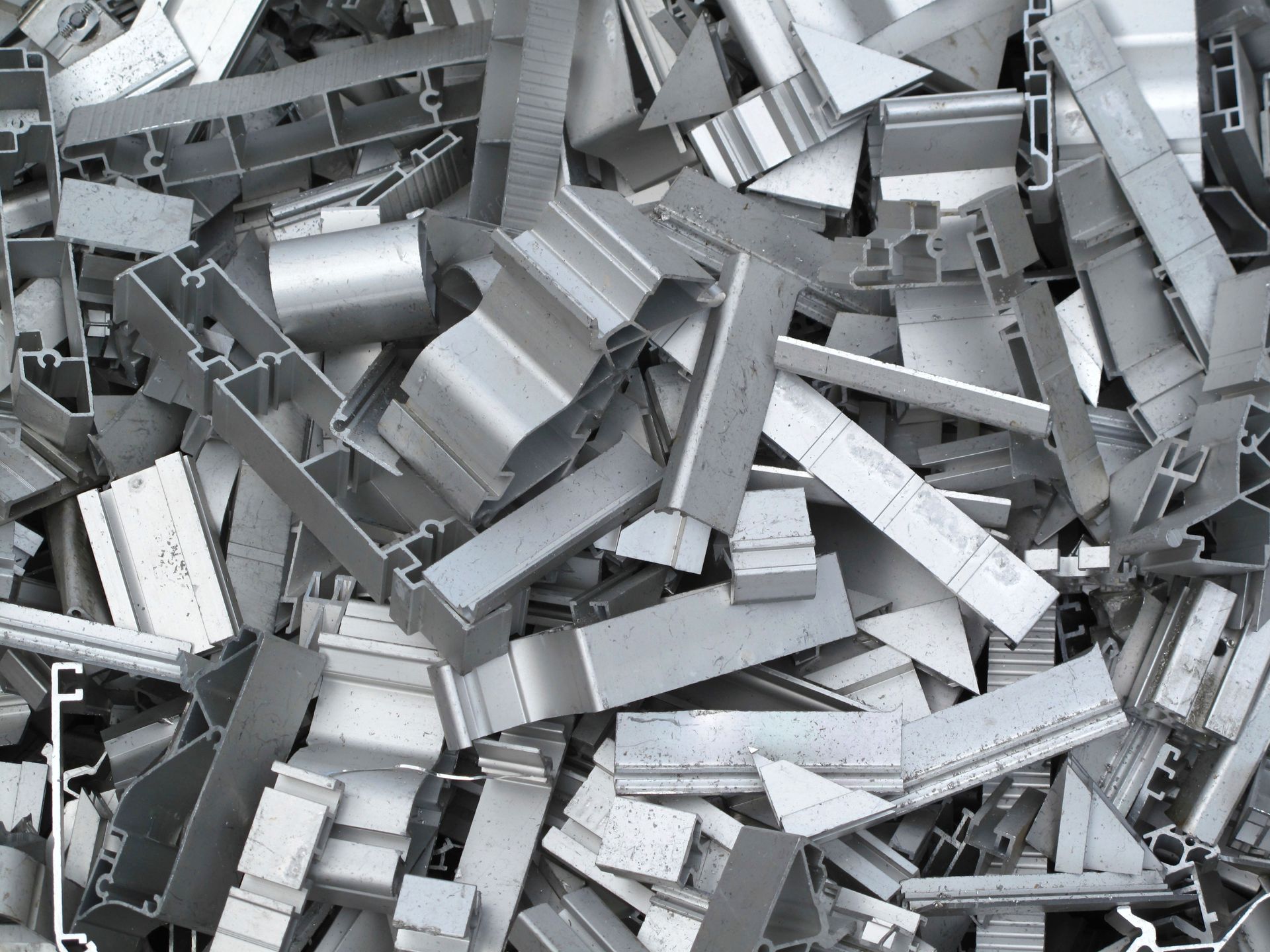
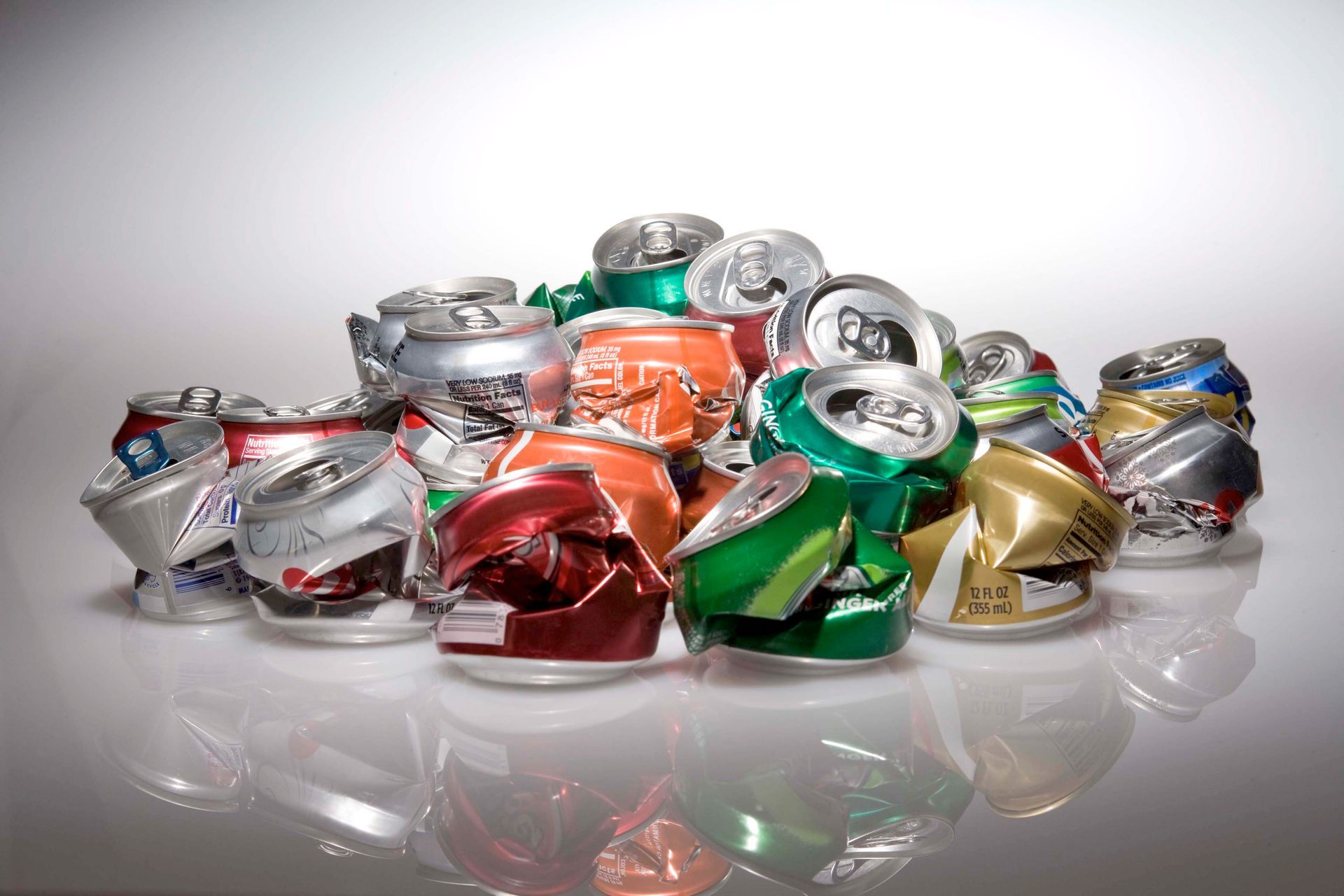
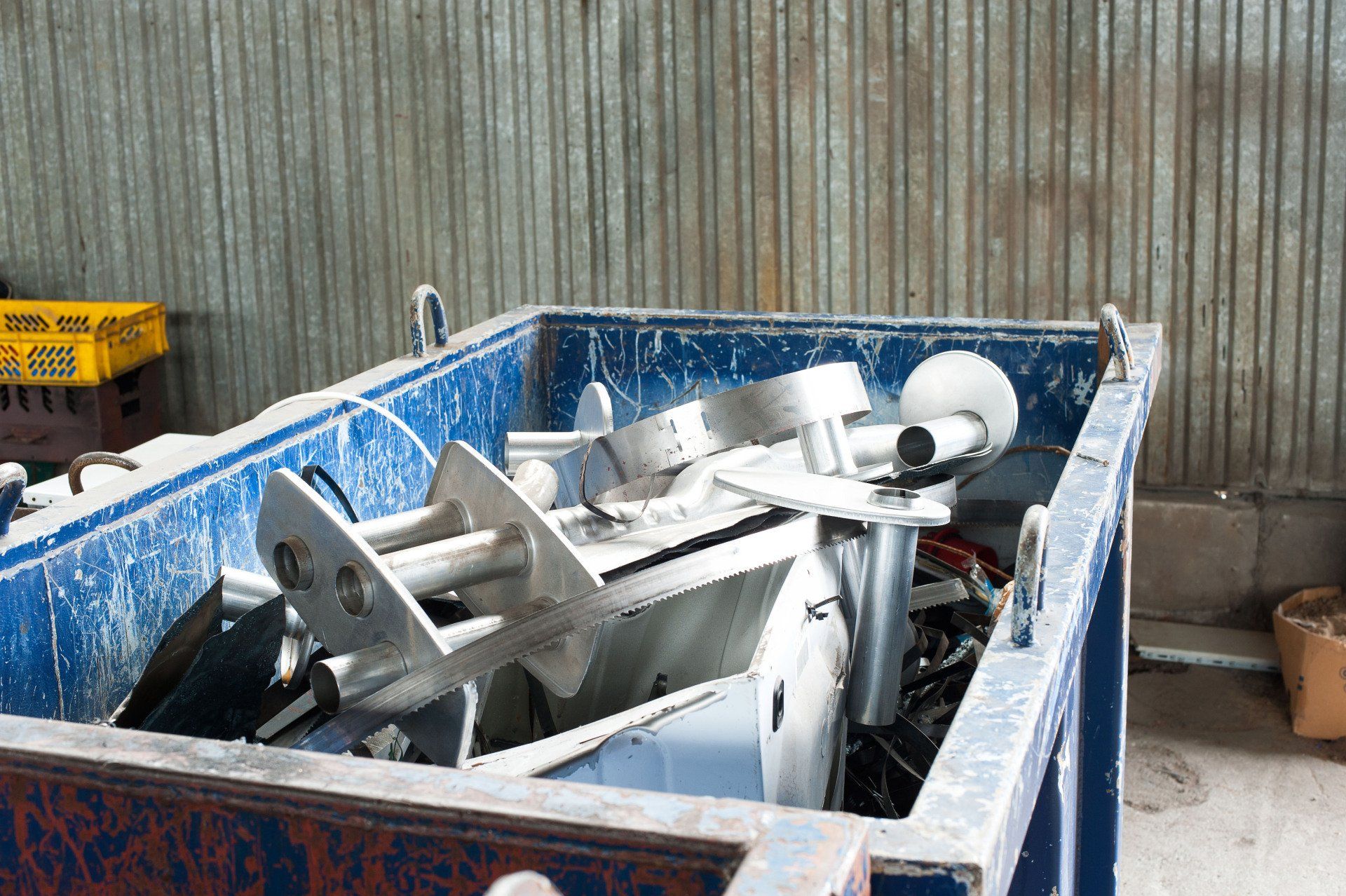
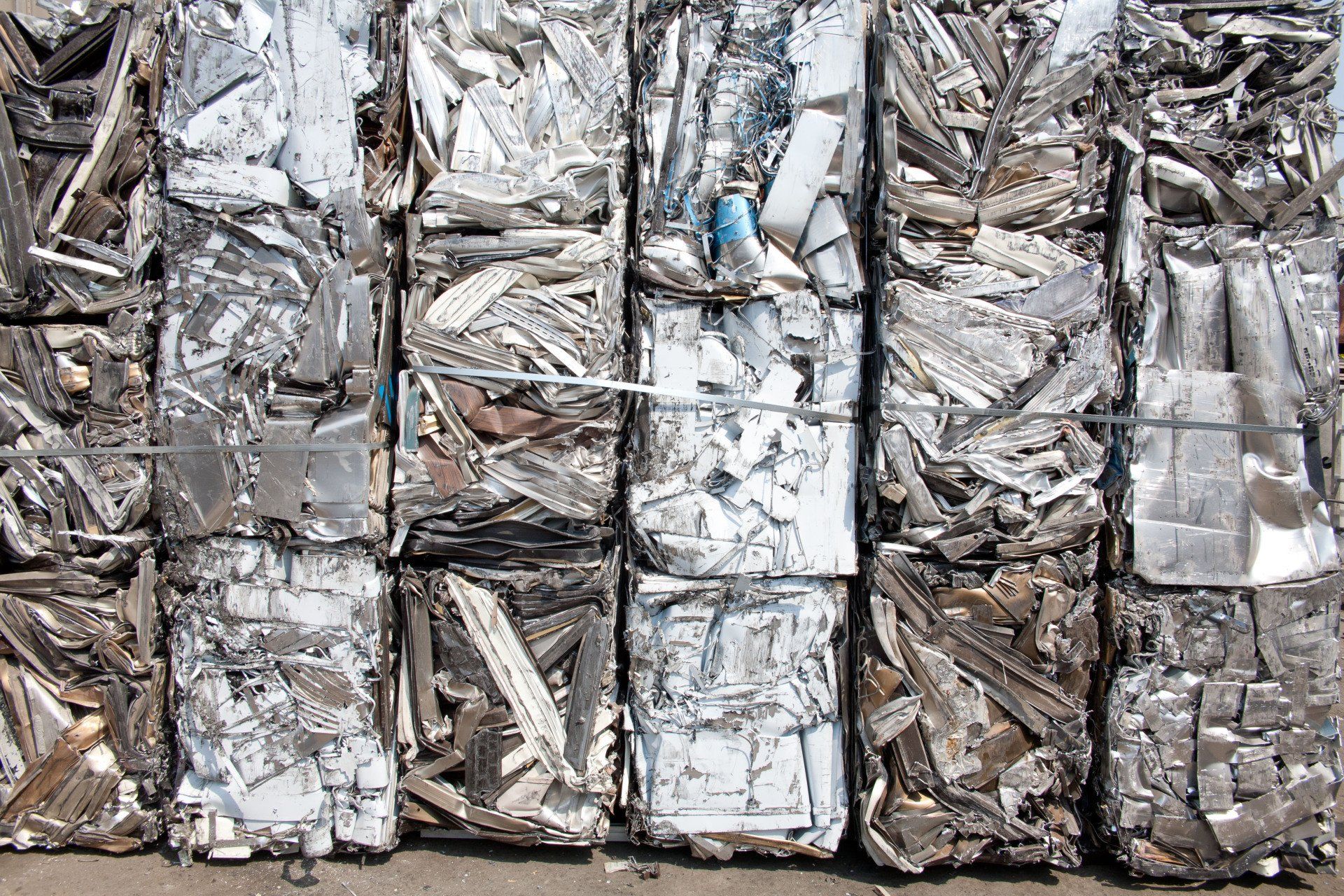
Share On: